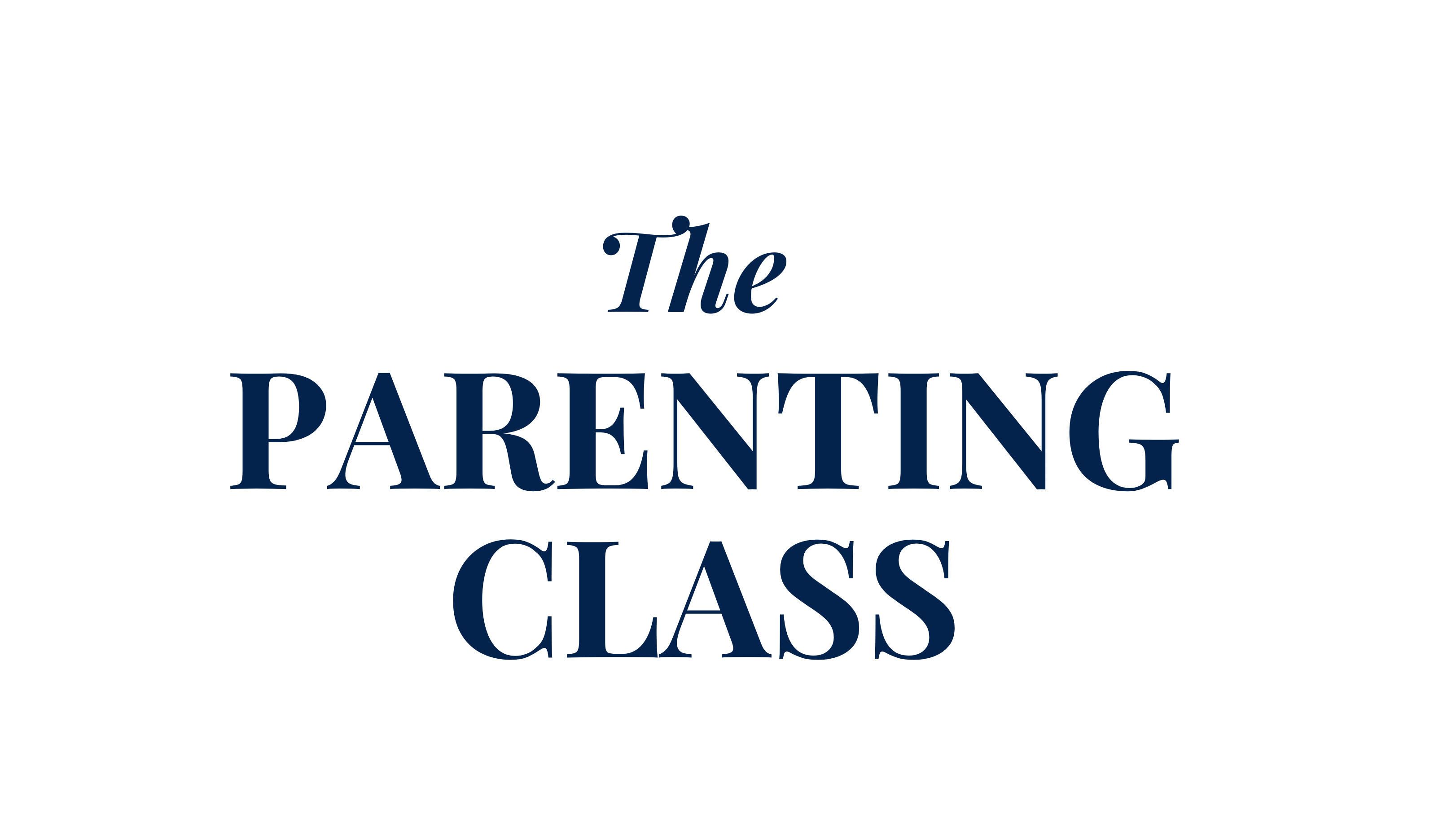The Window We Can’t Get Back: Executive Function and the Sensitive Periods of Brain Development
We often think of learning as something that starts when children go to school, when they first sit at a desk, hold a pencil, or sound out their first words. But neuroscience tells a very different story. The foundation for how well a child can focus, remember, plan, control impulses, and learn ,- all parts of what psychologists call executive function- , begins to form long before school starts. In fact, these skills start taking shape in the earliest years of life, during what researchers call sensitive periods of brain development.
Sensitive periods are windows when the brain is especially open to building certain abilities. They’re not “now or never” deadlines (that would be critical periods, like learning to see), but they are “best opportunity” windows. During these years – roughly ages 0 to 6 – the brain is wiring itself at extraordinary speed, forming more than a million neural connections every second. Experiences during this time literally sculpt how those circuits are built. As one meta-analysis showed, even just seven weeks of focused executive function play led to measurable gains in preschoolers’ attention, memory, and even early math skills.
Research on early enrichment is strikingly consistent. Studies from Harvard’s Center on the Developing Child and the Bucharest Early Intervention Project have shown that early stimulation, responsive caregiving, and cognitively rich play lead to stronger focus, emotional regulation, and problem-solving later in life. In contrast, when kids grow up with too little stimulation such as too few conversations, challenges, or back-and-forth interactions, then the parts of the brain responsible for self-control and learning can remain underdeveloped. It’s not about doing more; it’s about providing meaningful inputs at the right time.
That’s exactly why I created Little Minds Toolbox – to make those “right-time” experiences easy for busy parents. Each weekly pack includes short, research-backed activities designed to stretch your child’s attention, memory, and flexible thinking through playful, engaging moments that strengthen their executive function skills naturally. You don’t need to plan elaborate lessons or spend hours prepping; just open your inbox, print a few pages or show them on a tablet, and spend 30 focused minutes together. Those small, consistent interactions are where brain growth happens.
Because here’s the truth: the window of rapid brain development doesn’t last forever. But the benefits of what happens inside it: the focus, the self-control, the curiosity , they do. These early experiences don’t just shape what children know, but how well they can learn. When we engage them during these formative years, we’re not just teaching but we’re literally wiring their brains for lifelong learning.
👉 Explore Little Minds Toolbox and discover simple, science-backed ways to nurture your child’s executive function skills one fun weekly activity at a time. Subscribe now and get one week free!
If your child is still small, check out my Science of Parenting Babies Class, which includes a 25- video strong Brain Boosting section helping you optimise your baby’s first 24 months of life to set them up for success.

